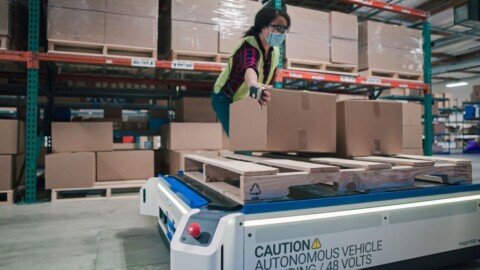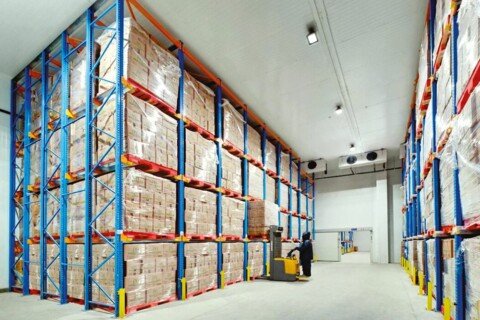The trend for craft and artisan products was well-established before the coronavirus crisis but the fact that consumers were home-bound is fuelling desire for ‘craft-it-yourself’ experiences.
After years of feeling tied to social media accounts and comparing themselves to others, consumers were looking to reduce time spent online and cut down on their social engagements in favour of real-life experiences, which they would no longer feel compelled to share on social networks.
According to market research firm Fi Global Insights, the rise of in-home consumption was directly tied into this, with premium positioned craft beverages bought to be enjoyed at home increasingly competing with trips to bars and pubs.
The popularity of meal kits could also be an indicator of this desire for real-life experiences. Instead of offering the consumer a pre-prepared ready meal that needs only to be re-heated, meal kits make the individual part of the cooking and creation process.
Demand for regional, sustainable food increases
Throughout Europe, more and more consumers are attaching importance to sustainably produced food in small manufactories and not by large industrial companies. A trend that requires dedicated logistics experts.
The demand for sustainably produced food is increasing significantly. For example, 82 per cent of all Germans already make sure when buying food that the product comes from the region. This is the result of the representative survey “Nutrition in the Corona Crisis” conducted by forsa on behalf of the German Federal Ministry of Food and Agriculture (BMEL) among 1000 citizens. Small businesses with craft competence and food start-ups wanting to position themselves in the market with craft food and wanting to preserve the tradition of the food craft increasingly profit from this development.
Consumers focus on sustainability and, in small quantities, food produced according to traditional methods. “Sustainable” has become the buzzword for healthy, environmentally friendly food. “The world is changing. It is a genetic phenomenon that in times of upheaval, people look for new sources of food,” explains Futurologist Max Thinius.
For years, Thinius has been conducting research on the subject of food, advising various regions in Germany on the digitisation of everyday life, the working and nutritional world of the population and is a frequent guest on the German government’s scientific advisory council.
Thinius says, “Regionality and sustainability of food, but also the health of the individual, are becoming increasingly important. In the future we will have food of the best quality and new technologies to evaluate and use this quality in relation to our health.”
According to Thinius, new production methods such as intercropping, in which different plants are cultivated that complement each other in terms of growth and soil use, and selective care carried out by care and harvesting robots will make up to 90 per cent of pesticides redundant in the future. “Soon, Craft Food will no longer be confined to the small regional grower. Together with intelligent working environments and modern technologies, large new food structures are in the process of being created here. But the new food culture’s pioneers are currently still the small, innovative farms.”
Small quantities safely transported– all across Europe
This rapidly growing craft food movement requires logistics concepts that meet the requirements. “Food manufacturers place different demands on logistics providers than industrial companies do,” says Marc Hackländer, Head of European Network & Partner Development at DACHSER. The products are only manufactured in small quantities for narrow, like-minded target groups, not for an anonymous mass market where availability and price are the focus. As a result, the major European retail chains and discounters are often excluded as recipients. Nevertheless, these manufacturers, which up to now have often been regionally oriented, are looking for new sales channels and are attracting interest from customers in neighboring European countries.
The European Food Network specialises in the Europe-wide transport of food, even in small quantities. The member companies of the alliance are ideally positioned for this type of job. The food logistics companies are regional specialists who have grown over many years from family structures to national players, but have always remained close to their customers.
“The vehicles must be able to cope with the conditions at the pick-up and delivery location, often there are no ramps. Communication and customer processes take place on other levels – this is where listening and consulting are required, flexibility, solution orientation, thinking along with the customer. This is time-consuming, but it is worth it and it is a pleasure to be able to grow with the companies,” says Hackländer.
With insights from DACHSER







